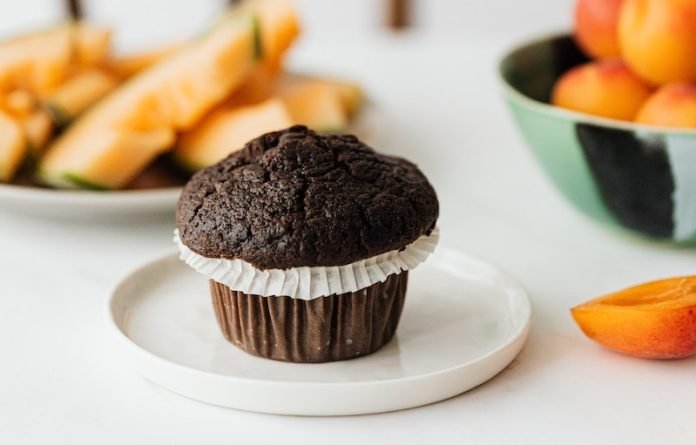
A recent study from Florida State University linked aspartame, an artificial sweetener found in nearly 5,000 diet foods and drinks, to anxiety.
Along with producing anxiety in the mice who consumed aspartame, the effects extended up to two generations from the males exposed to the sweetener.
The U.S. Food and Drug Administration (FDA) approved aspartame as a sweetener in 1981.
Today, nearly 5,000 metric tons are produced each year. When consumed, aspartame becomes aspartic acid, phenylalanine and methanol, all of which can have potent effects on the central nervous system.
In the study, the researchers fed mice with drinking water containing aspartame at approximately 15% of the FDA-approved maximum daily human intake.
The dosage, equivalent to six to eight 8-ounce cans of diet soda a day for humans, continued for 12 weeks in a study spanning four years.
The team found strong anxiety-like behavior in the mice through a variety of maze tests across multiple generations descending from the aspartame-exposed males.
It was such a robust anxiety-like trait that the researchers felt quite surprised.
They also found when given diazepam, a drug used to treat anxiety disorder in humans, mice in all generations ceased to show anxiety-like behavior.
The researchers are planning an additional publication from this study focused on how aspartame affected memory.
Future research will identify the molecular mechanisms that influence the transmission of aspartame’s effect across generations.
The study was conducted by Pradeep Bhide et al and published in the Proceedings of the National Academy of Sciences.
If you care about mental health, please read studies that ultra-processed foods may make you feel depressed, and Vitamin D could help reduce depression symptoms.
For more information about health, please see recent studies about antioxidants that could help reduce the risk of dementia, and probiotics may help lower depression.
Copyright © 2023 Knowridge Science Report. All rights reserved.



